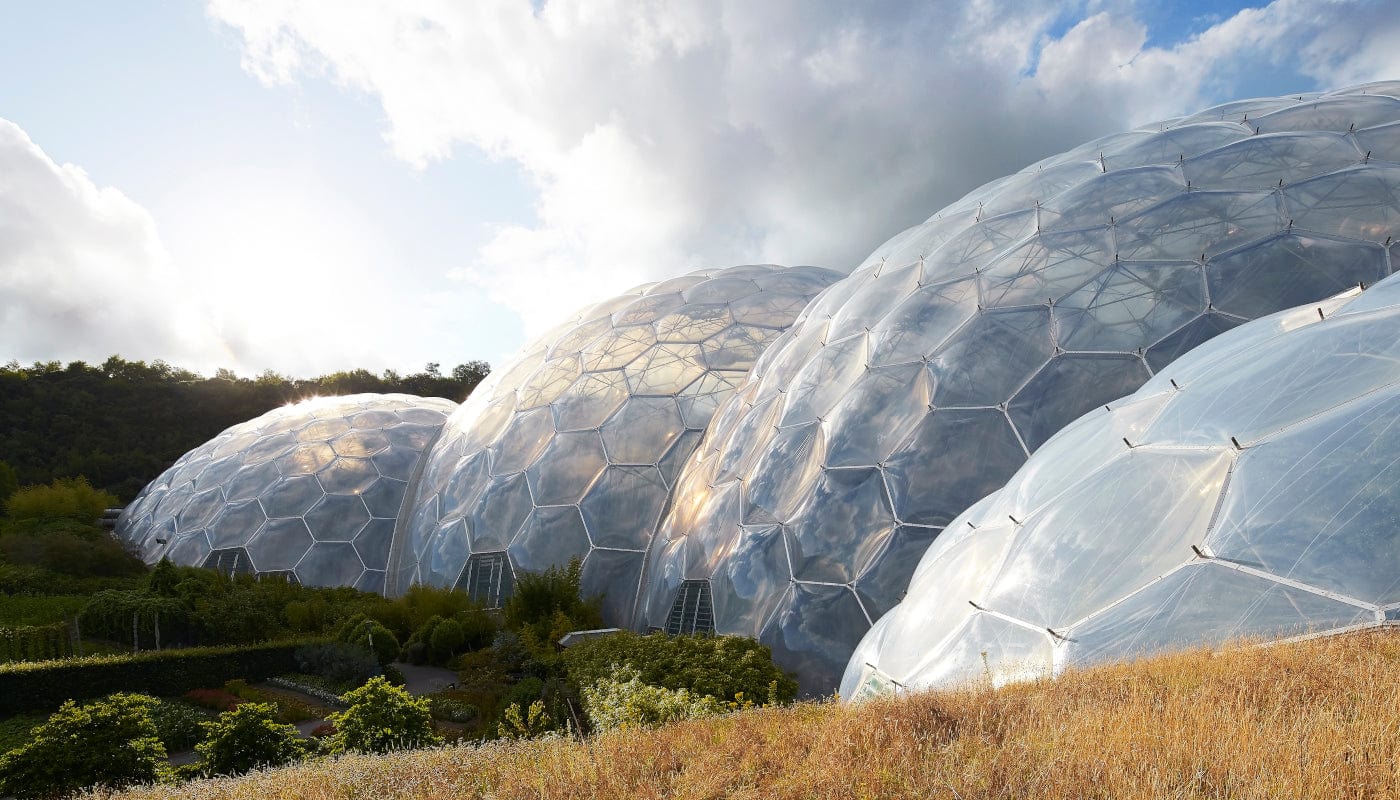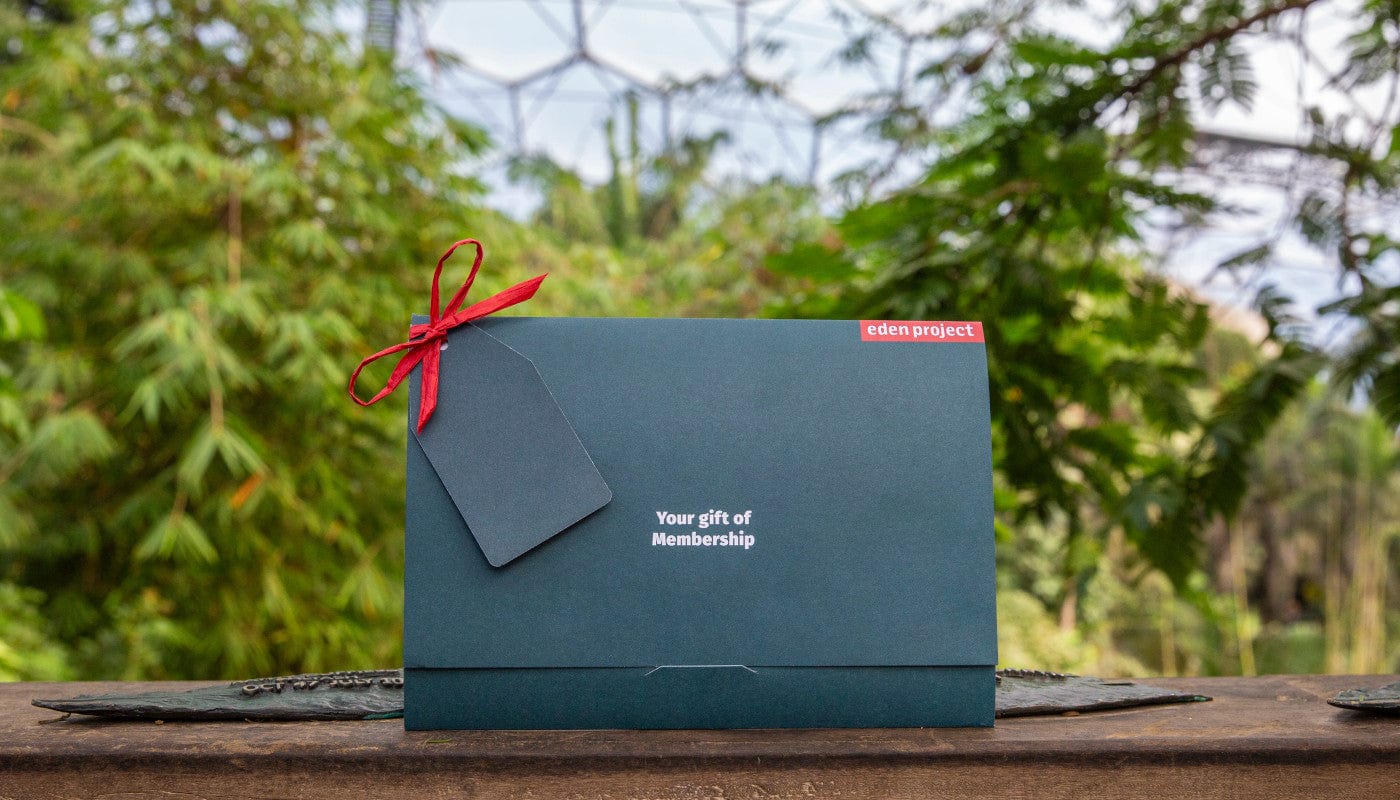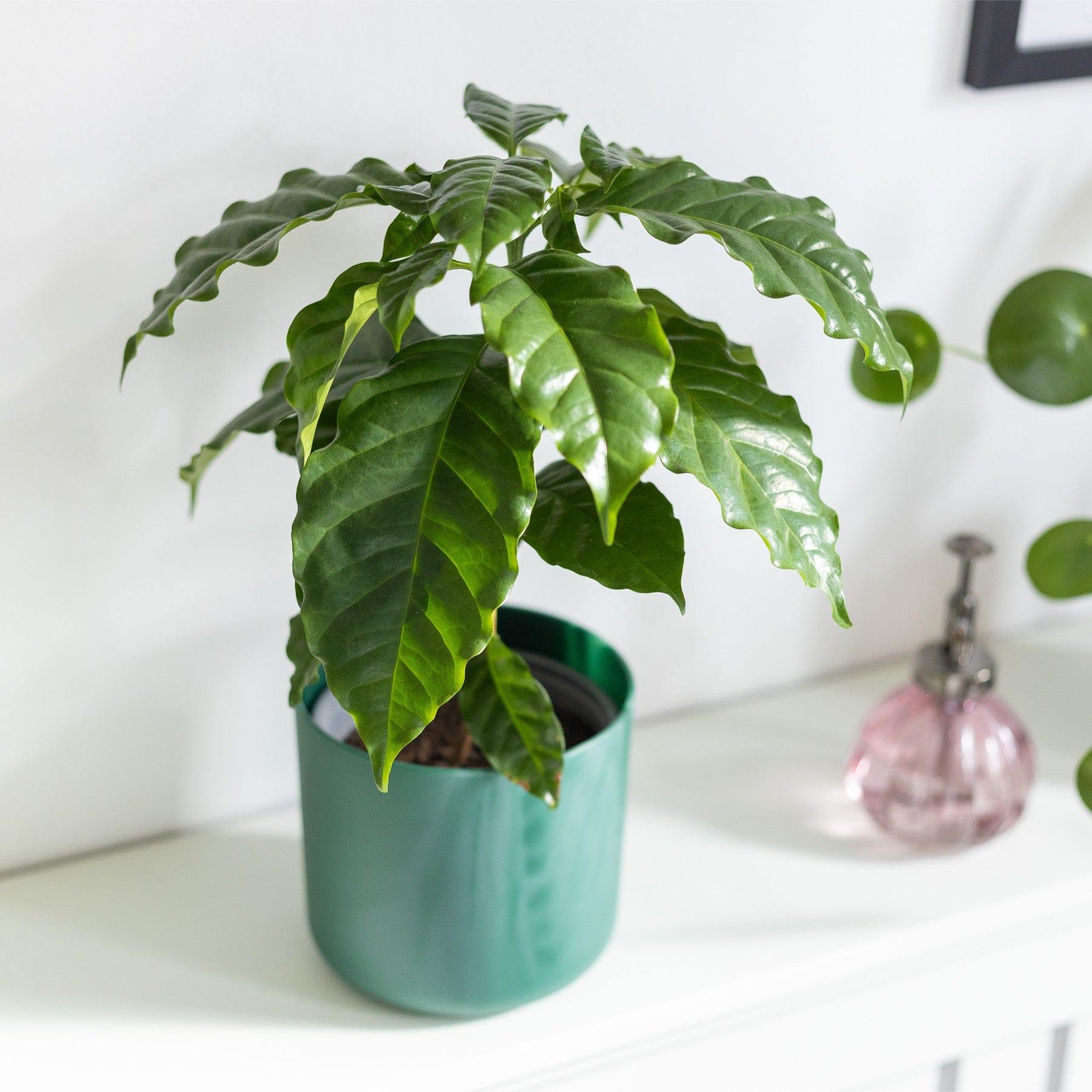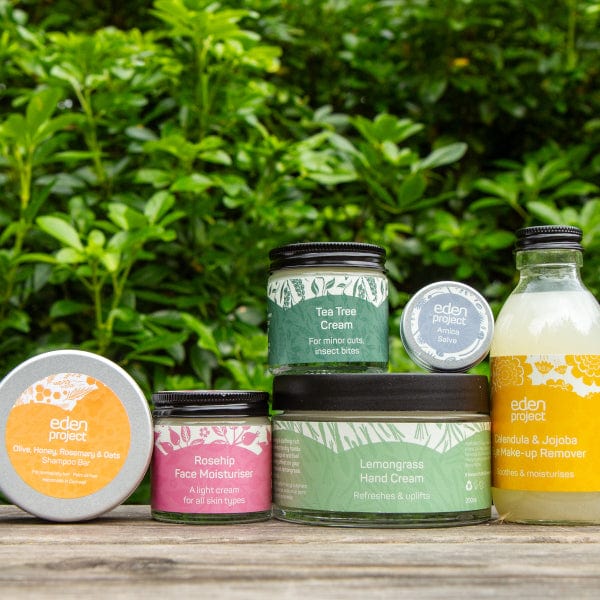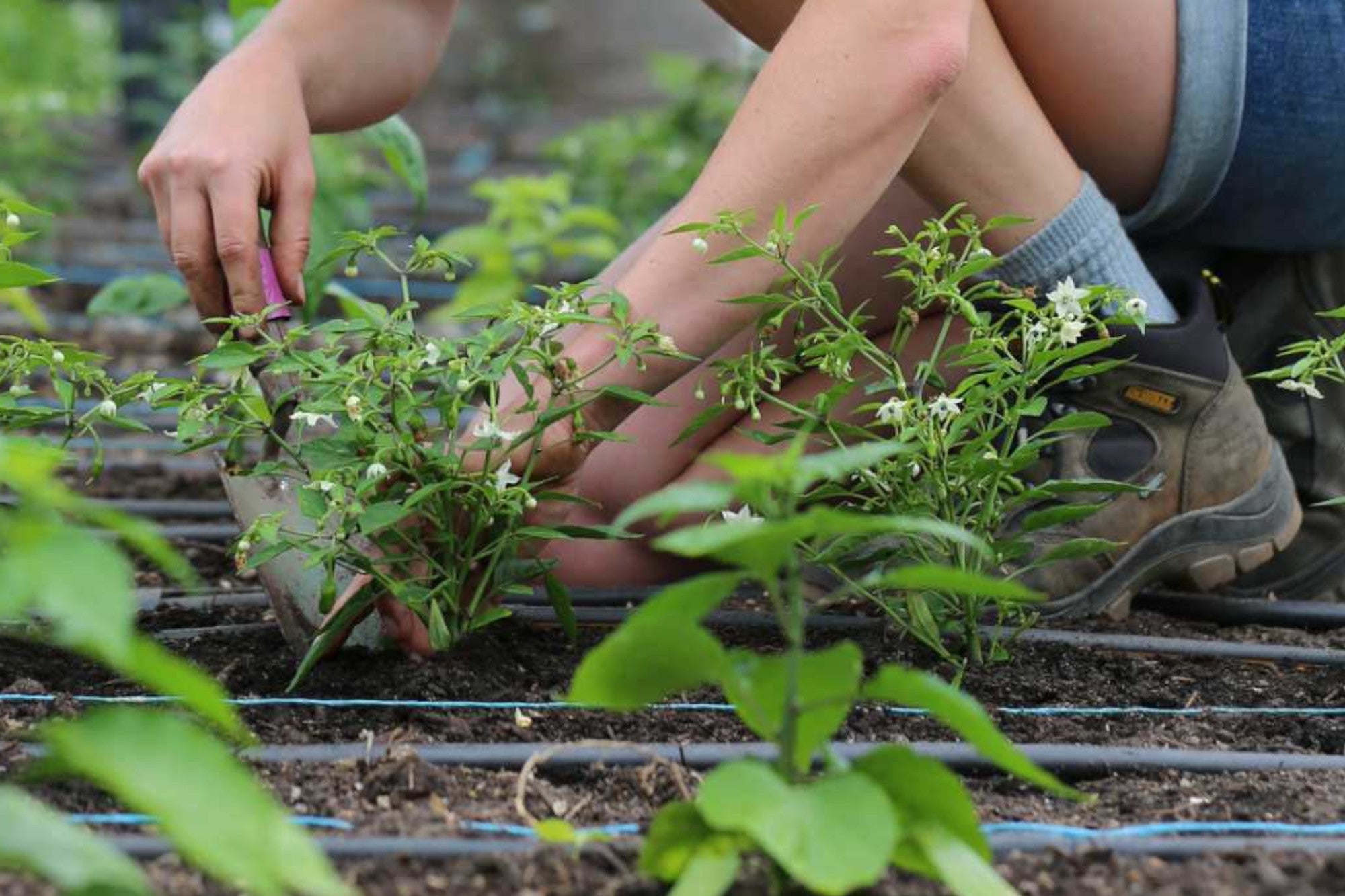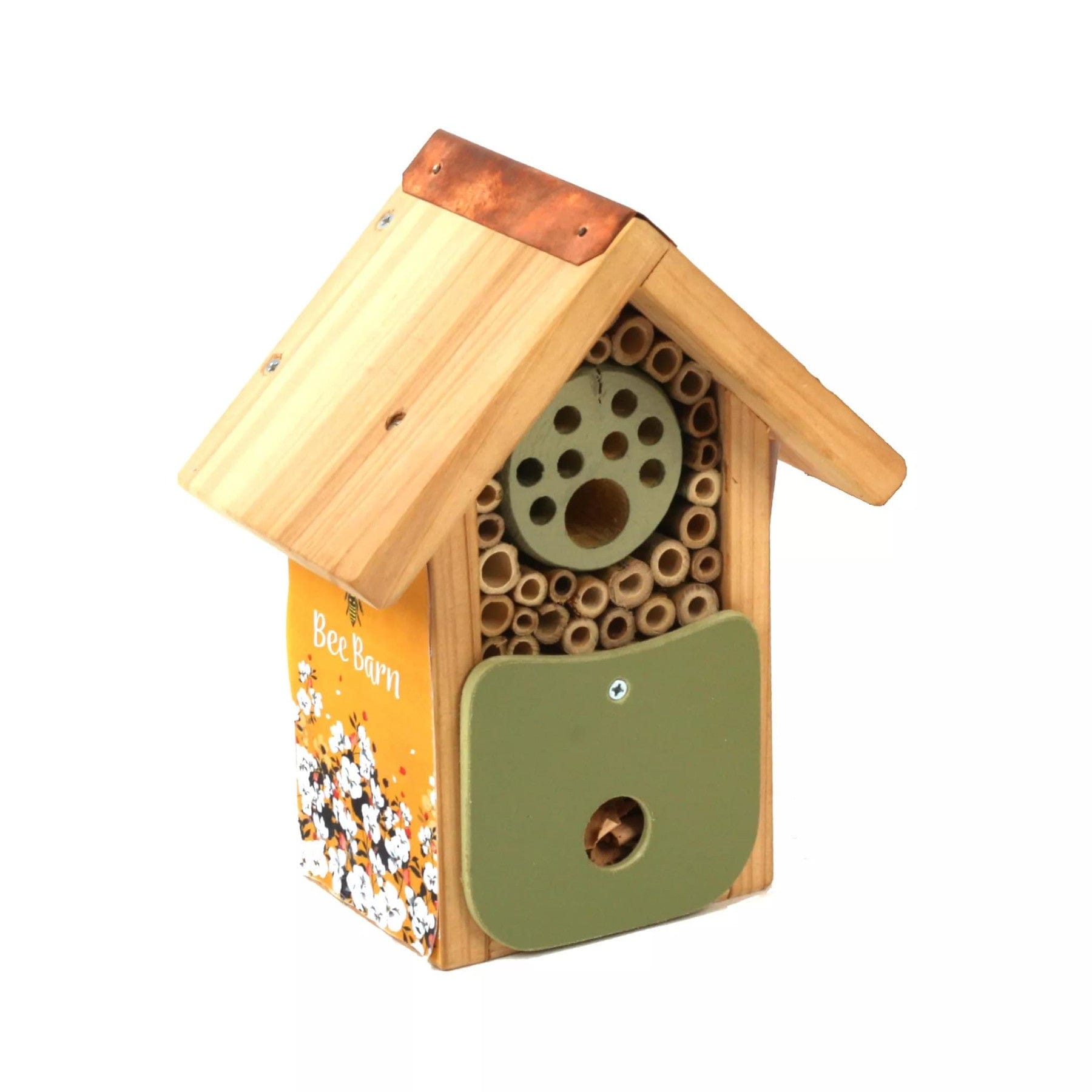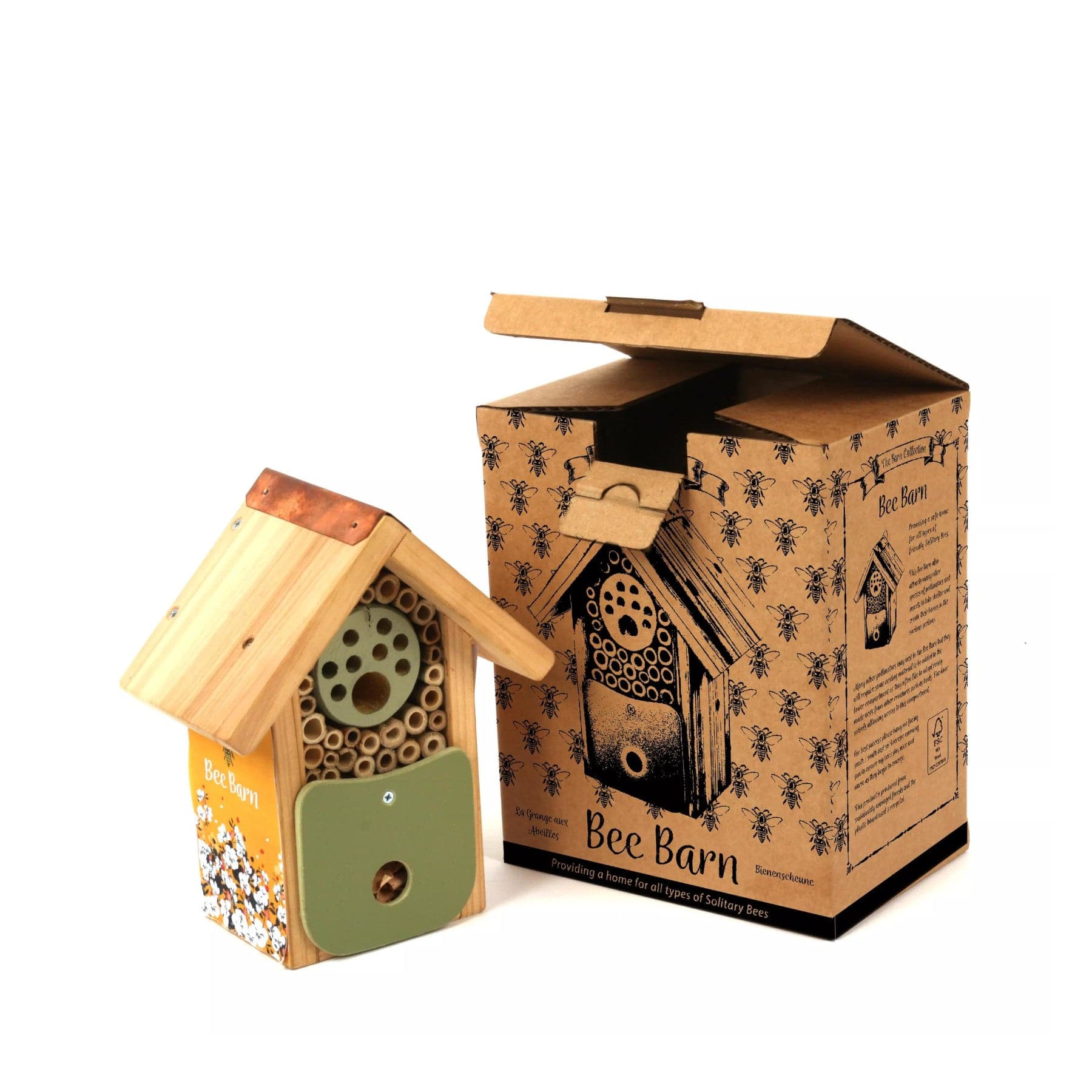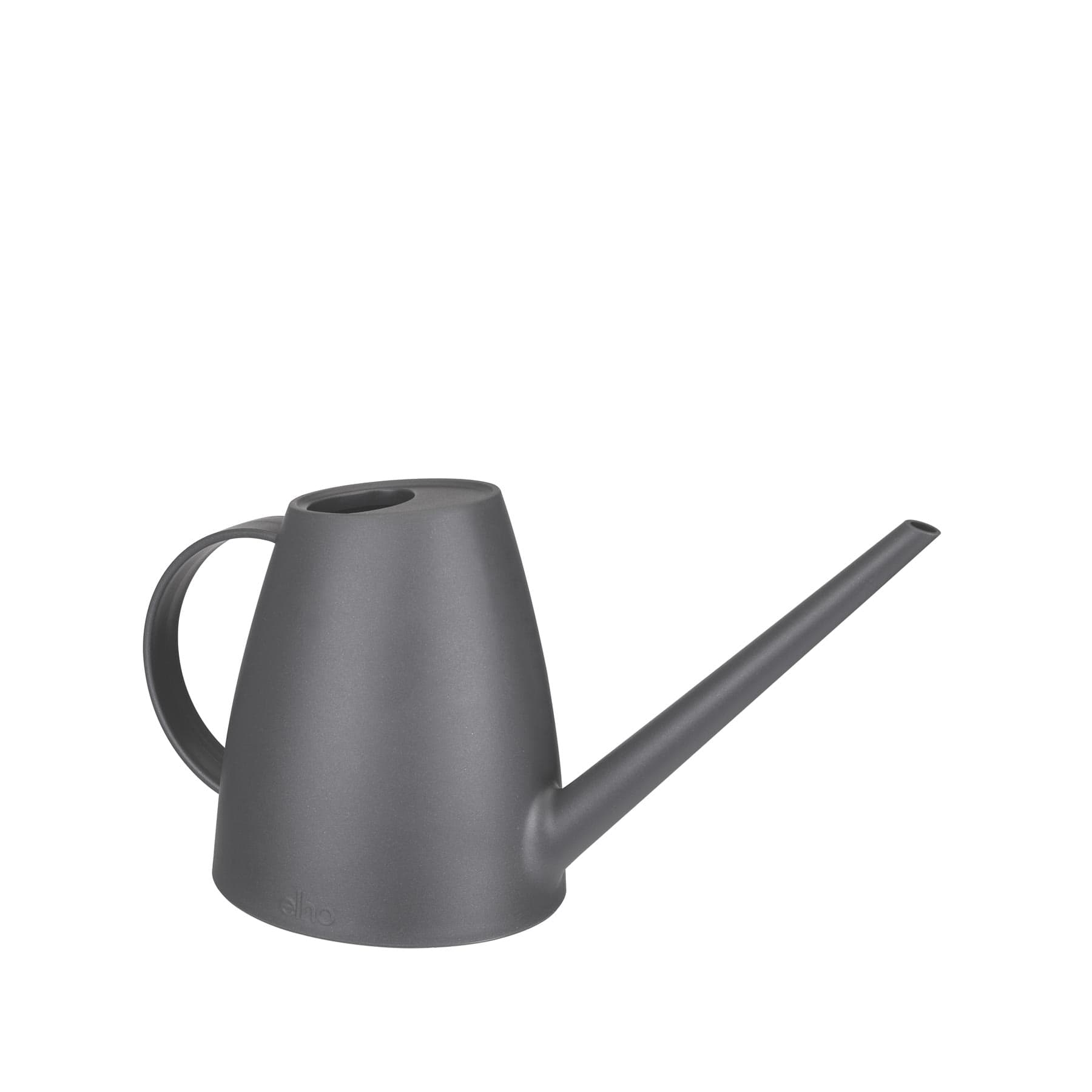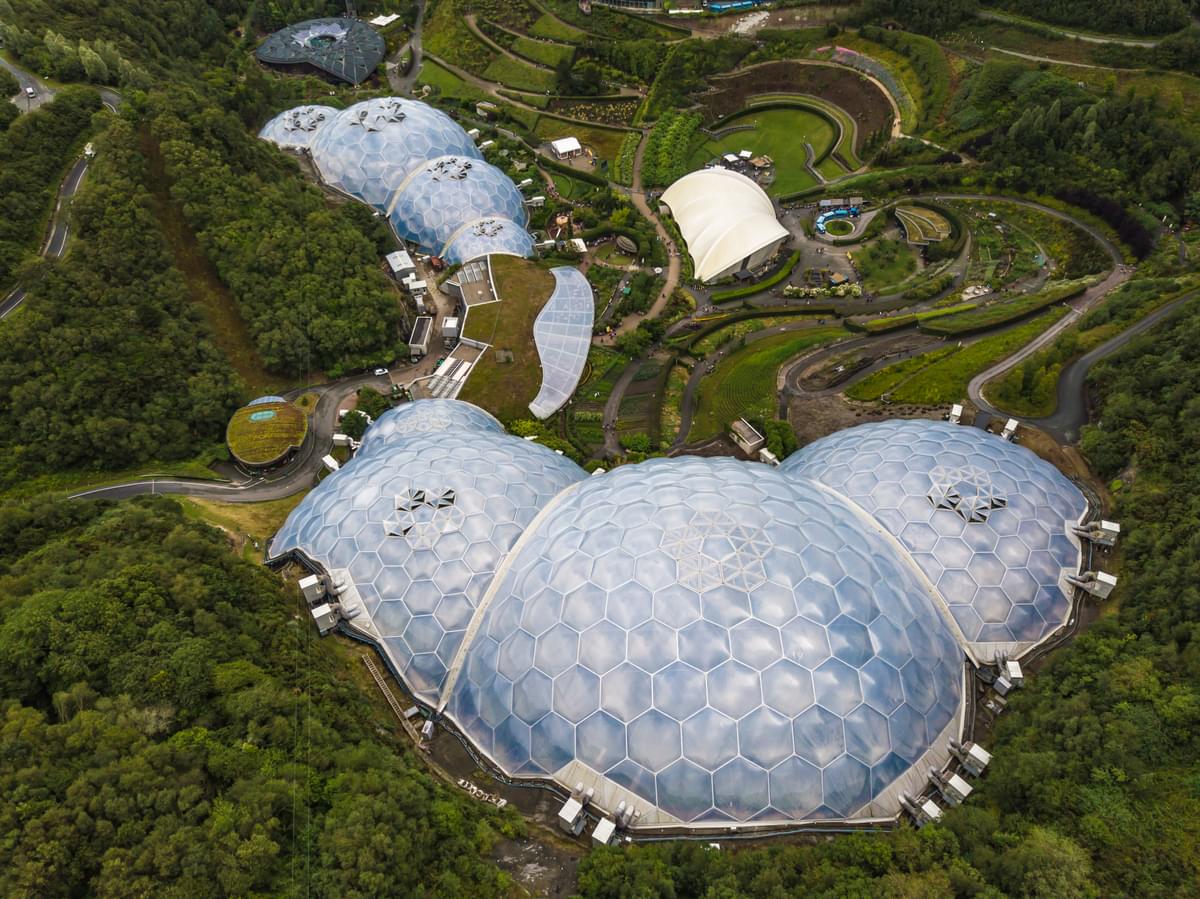Sustainable living: What are the benefits of growing your own food?
Growing your own food can be one of the most rewarding changes you can make as part of the move towards leading a more sustainable life. Not only does it allow you to have more control over what you’re putting into your body, but it has many environmental, physical and mental health benefits. Whether you’re eager to live more sustainably or just curious about becoming more self-sufficient, there are many benefits to growing your own food.
From sowing, growing and harvesting, whether you choose to plant herbs, fruits or vegetables, growing your own food can have many advantages. All you need is an outdoor space, seeds, water, and a little time and you can start reaping the rewards of your hard work very quickly. Keep reading as we discuss the many benefits of creating your own edible garden at home.

Why grow your own fruit and veg?
Whether you’re conscious about your consumption, looking to reduce your carbon footprint or simply curious about how good home-grown food can taste, deciding to grow your own fruit and veg at home can be a highly rewarding experience.
- Less plastic waste
It can be difficult to find fresh produce in shops that aren’t wrapped in plastic or transported in plastic containers. However, by growing your own fruit and veg at home it cuts out the need for all plastic packaging, thus reducing your contribution towards plastic waste.
- Free from any nasty chemicals
Most crops are sprayed with a range of artificial chemicals, pesticides, herbicides, fungicides and fertilisers, all of which can be harmful to wildlife on land, in waterways and oceans, as well as our health. By growing your own produce, the power is in your hands to determine what chemicals and fertilisers, if any, you use. With homemade or other natural compost, you can choose to grow food entirely organically (artificial chemical-free), which can be better for you when you eat it as well as better for the environment.
- Reduce your carbon footprint
Deciding to grow your vegetables at home or in an allotment will have a positive impact on the environment as you are helping reduce the demand for imported produce that may have travelled a long distance to get to your local shop. Therefore by growing some of what you need at home, you are reducing your contribution to global carbon emissions.

- Less food waste
Food waste is one of the largest contributors to greenhouse gas emissions, making discarded food just as much of an environmental problem as the plastic packaging it comes in. By only growing what you know you will use you can help reduce the amount of food wasted. If you do have excess, it can be composted and used to help your next crops grow, creating your own circular system. Some councils also collect food and plant waste, which they compost and pass on to other gardeners.
- More nutritious
Growing your own produce means you are consuming food at its absolute freshest. Fresh produce sold in shops may have taken a while to reach the shop after harvesting and may already be close to the end of its edible life by the time you take it home. Not only will your homegrown produce be fresher and taste better, but it can also be more nutritious as it comes straight from the source with all of its essential vitamins, minerals, and antioxidants still intact.
- More cost-effective
By spending a small amount of money on seeds and plants, you can plan so that you have plenty of vegetables and fruit available throughout the year. If you were to buy these same vegetables you are growing from a supermarket, sometimes out of local season, they would likely cost you a lot more money for only a couple of days of use. Therefore, growing your own produce is a more cost-effective and sustainable food choice.
- Improved wellbeing
The act of growing food at home can also be very beneficial for your physical and mental health. Gardening can be quite an intensive physical activity, digging up the soil, weeding the patch and planting seeds is an enjoyable hobby and an effective way to keep fit and positively occupy the mind.
What are the mental health benefits of growing your own food?
Growing your own food at home can be greatly beneficial for your mental health. Gardening is known for combating stress and anxiety[source], and many people describe it as being relaxing and therapeutic. The process of preparing the soil, sowing the seeds and harvesting your food requires a lot of focus and can therefore provide you with a welcome mental distraction.
It is also a great way to get some exercise and spend time outside in the fresh air, both things that are also proven to improve mental health. Nurturing the plants you’re growing can also bring you closer in touch with your local natural environment and give you a great sense of purpose and accomplishment when it comes to reaping the rewards of your harvest at the end of the season.
What are the easiest foods for beginners to grow?

If you’re a gardening novice, but eager to get started on growing your own food, we suggest starting with a couple of familiar vegetable crops to ease you into the process. Some of the simplest vegetables to plant are courgettes, potatoes, lettuce and beetroot. These particular vegetables are incredibly productive, low maintenance and easy to grow all year round in the UK.
Once you have experienced the reward of growing, harvesting and eating produce you have grown yourself, you will likely want to start moving on to planting more advanced crops, helping you to become even more self-sufficient.
Live more sustainably with the help of Eden Project Shop
If you’re looking to experience the great taste of freshly grown vegetables and fruit full of flavour and nutrients at home, browse through our full range of seeds and plants to pick out the food you want to start growing. We suggest heading over to our blog to read our ‘Guide to Starting your own Vegetable Patch’ for all of the advice and helpful tips you need to start reaping the benefits of growing your own food at home.

